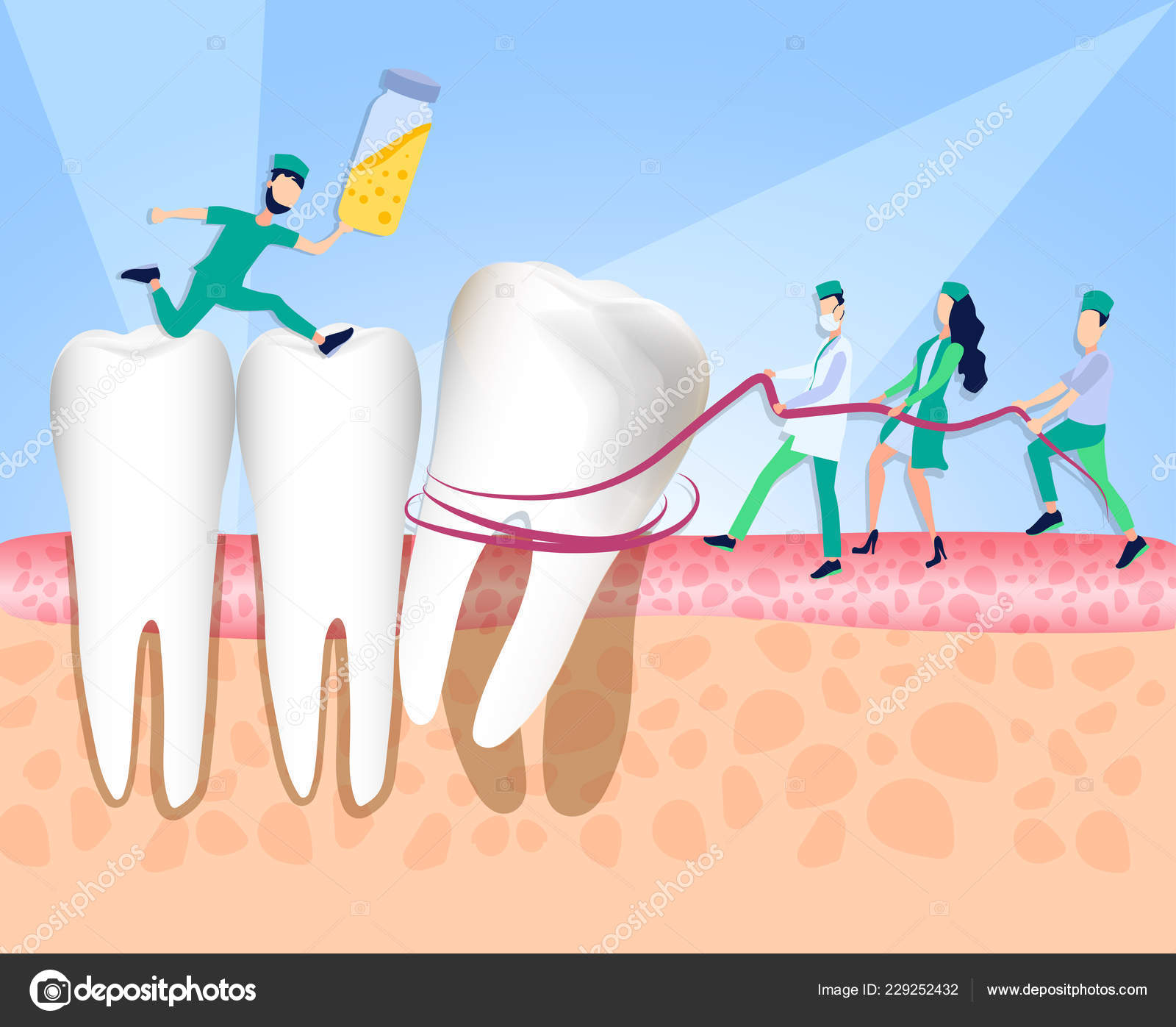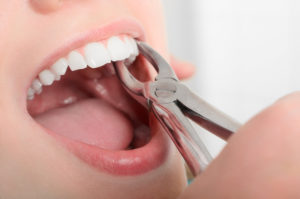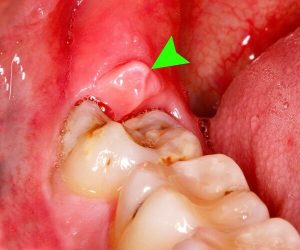
Excitement About Wisdom Teeth Removal Near Me
Howeverthe a surgical procedure which involves preventing bone and making an incision in the gum tissue is sometimes required by removal of wisdom teeth. Rarely, complications may include: Illness sterile socket, or vulnerability of bone once the post-surgical blood clot is lost from the website of the operative wound (socket) Infection at the socket out of bacteria or even trapped food particles Damage to neighboring nerves, jawbone or sinuses The way you prepare Your dentist can perform the process in the office.

You will receive instructions from the dental or hospital clinic personnel about the day of your scheduled surgery and what to do prior to the operation. Ask these questions: Can I want to make arrangements for someone to drive me home after the procedure When do I need to arrive at the dental practice or hospital Do I need to stop eating meals or drinking fluids or both (quickly ) If yes, when can I start Can I choose my prescription drugs before the operation In that case, how long prior to the operation can I choose a dose If I avoid any nonprescription medication prior to the operation What you can anticipate During the procedure Your dentist or oral surgeon may use among 3 different types of anesthesia, depending on the expected complexity of this wisdom tooth extraction and your comfort level.
Your dentist or oral surgeon simplifies local anesthesia. Before you receive an injection, surgeon or your dentist will likely apply a material to your own gums. You're awake. Although you'll feel motion and a little pressure, you should not experience pain.
Some Of Wisdom Teeth Removal Pain
Your dentist or dental surgeon gives you anesthesia anesthesia through an intravenous (IV) line in your arm. Sedation anesthesia reduces your consciousness during the process. You do not feel any pain and will have memory of the procedure. You'll also receive local anesthesia to numb your gums. General anesthesia. In special situations, you could be offered general anesthesia.


Follow your physician's instructions on: Infection Since you heal from your operation. Some type of blood may occur the first day after wisdom tooth removal. Try to steer clear of excessive spitting so you don't dislodge the blood clot. Replace gauze within the extraction site as directed by your dentist or oral surgeon.
You could have the ability to handle pain with an over-the-counter pain reliever, like acetaminophen (Tylenol, others), or a prescription pain medicine by the physician or oral surgeon. If bone has been removed during the procedure, prescription pain medication may be helpful. Maintaining a cold pack from the jaw also may alleviate pain.
A Biased View of Wisdom Teeth Growing In
As instructed by your surgeon or dig this dentist use an ice pack. Any swelling of your cheeks improves in a couple of days. Bruising may take to fix. Activity. Following your surgery, plan to break for the rest of the day. But for at least a week, resume normal activities the following day, avoid strenuous action that might lead to losing the blood clot.
